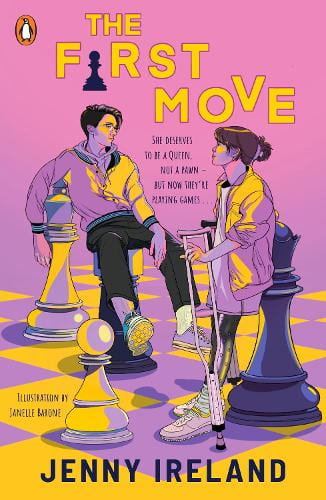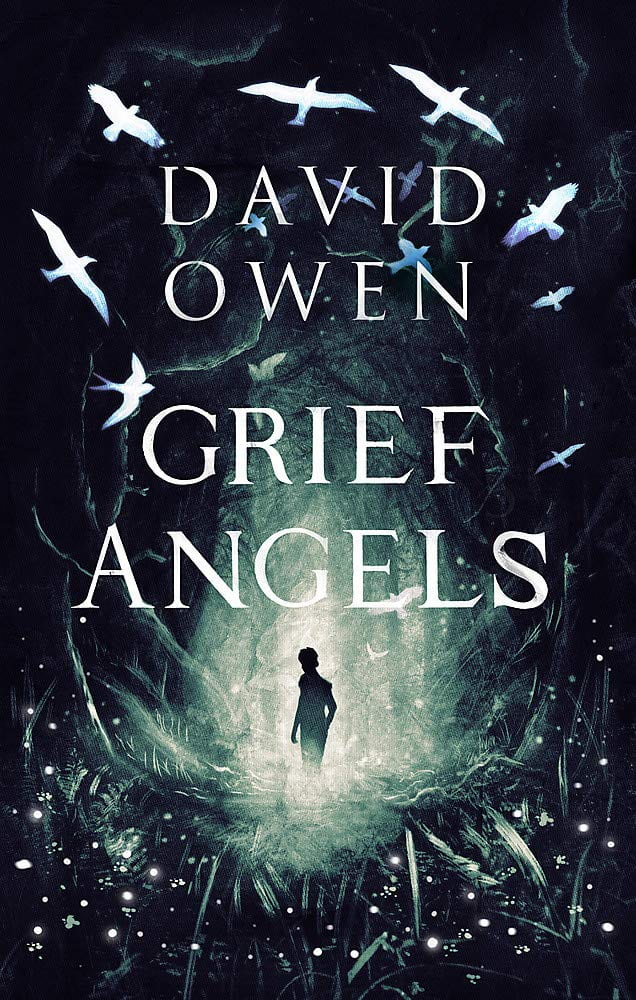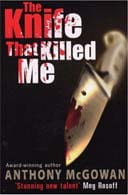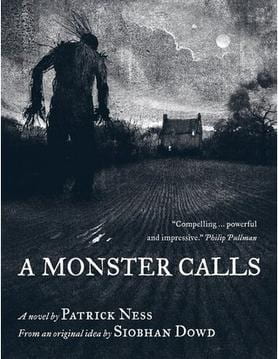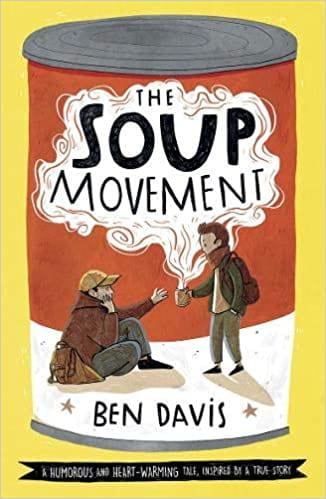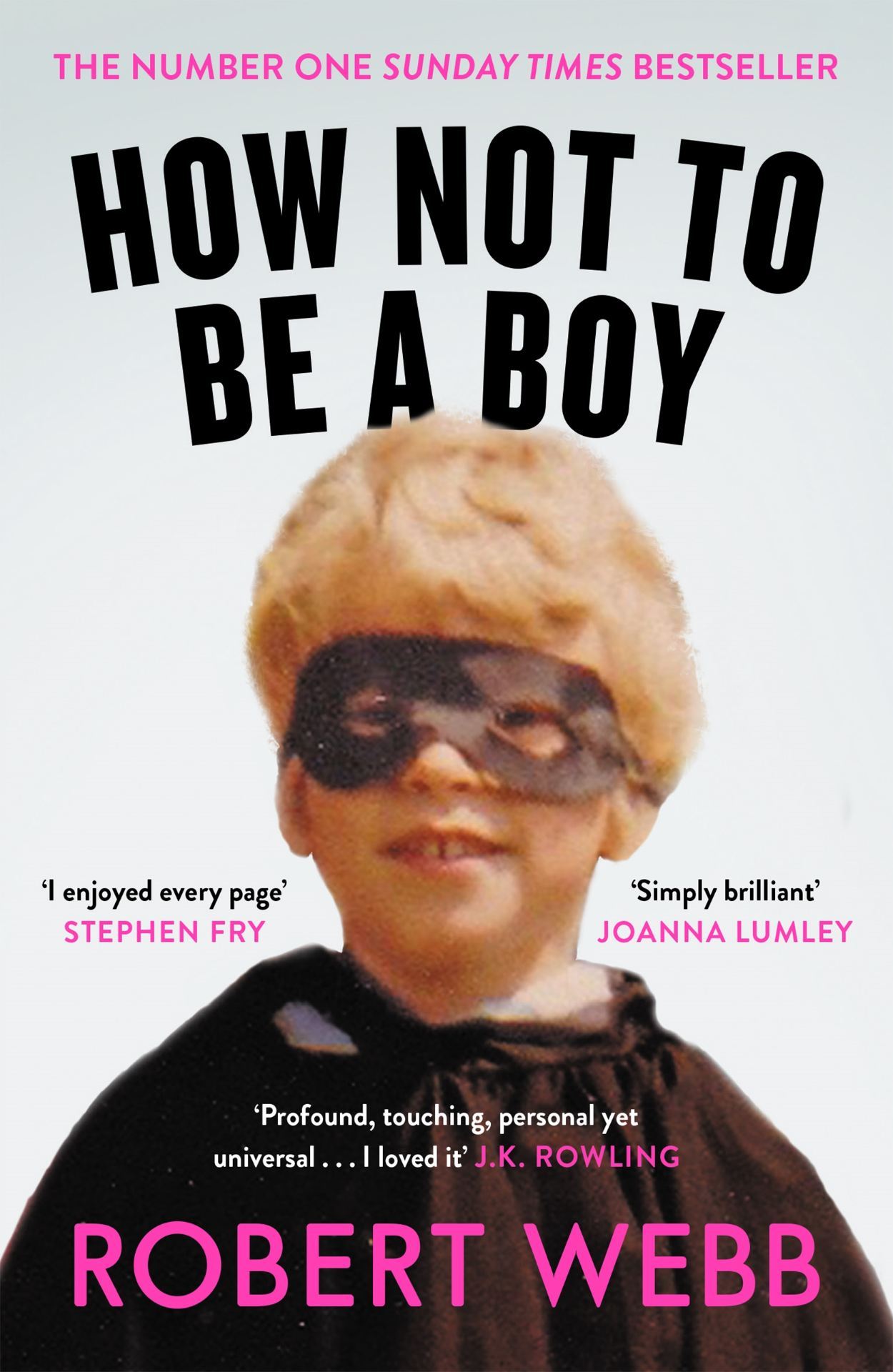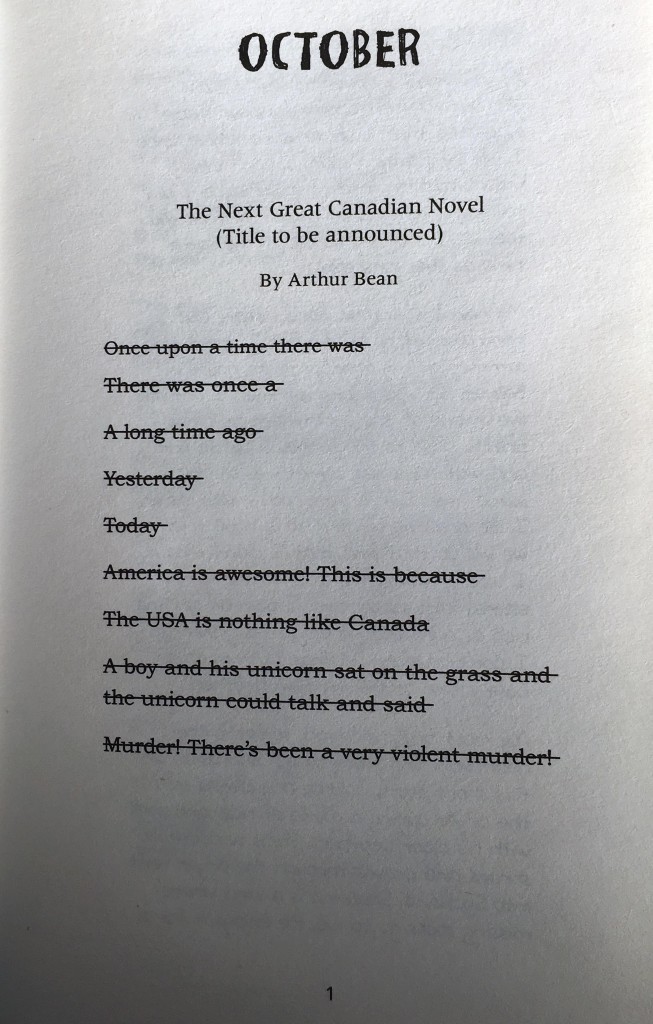The First Move by Jenny Ireland
Book of the Week: 20 October 2024
Seventeen year old Juliet thinks there should be a disclaimer at the start of all teenage movies, telling us that real life is not like this. Despite this, she still uses them as comfort viewing to help cope with the frequent pain she endures from her psoriatic arthritis, a condition which means she has aching swollen joints for which has to take painkillers, attend frequent medical appointments and use crutches to walk. Her friends Tara and Michael encourage her to socialise, but that is hard when just trying to attend a party results in days spent recovering in bed.
When new boy Ronan starts at her school everyone is initially transfixed by his good looks and air of detachment, but Juliet decides that, although he looks as if he’s just stepped out of an American rom-com, he has a bad attitude, wears earbuds in class, skips school and seems unwilling to socialise with anyone. She is unaware that Ronan finds himself drawn to her, despite her hostility.
So far, we have seen several tropes from rom-coms: the bad-boy central character, the girl who feels herself to be an outsider, the gay best friend (Michael) and the Queen Bee (Tara). There is a further one when Juliet starts to play chess and chat with someone called ‘Alonelypawn’ on a chess forum. Without either of them knowing the identity of the other, Ronan and Juliet have connected in the online world and find themselves on the same wavelength and developing a crush on one another. (This references the plots of rom-coms such as You’ve Got Mail or The Shop Around the Corner)
Reality begins to intervene when Ronan’s family life starts to complicate matters and when other characters are revealed to have less than straighforward home lives. Will there be a romantic and happy ending for Ronan and Juliet, or is sad drama going to be a more likely conclusion?
This book won the Young Adult prize in the 2024 Diverse Book Awards. The portrayal of Juliet’s disability always rings true; the author, Jenny Ireland, mentions her own experience of arthritis in the acknowledgments. The characters are interesting and flawed as well as likeable. I particularly enjoyed the sympathetic and exuberant Michael and Juliet’s overprotective but immensely kind parents. This warmly-told story gives the reader plenty to get their teeth into.
The book contains content relating to drug abuse, some sexual references and ocassional strong language.
If you like books that compare their plots to those of romantic movies, try Holly Bourne’s It Only Happens in the Movies.

